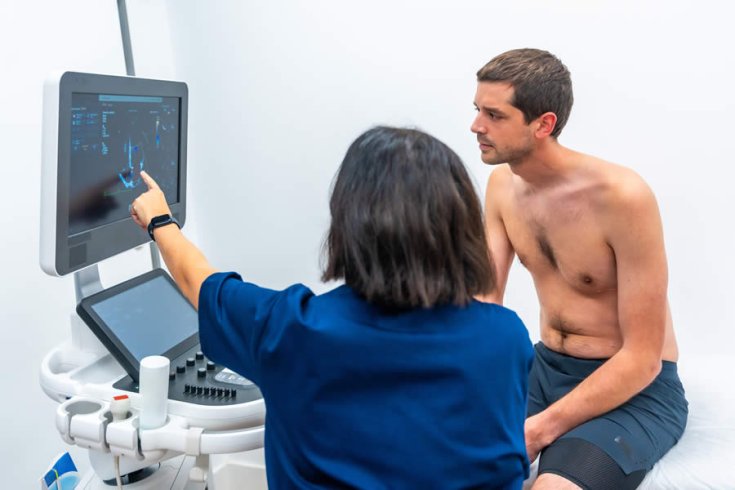Hearing the words “heart attack” can be enough to make anyone's pulse quicken. It’s a serious condition, no doubt, but not all chest pain is a heart attack.Whether you feel a tightness that comes and goes or a sharp jab after a big meal, it’s important to understand the potential causes of chest pain and take the right steps without unnecessary panic.
In this brief article brought to you by Capitol Cardiology Associates, we explore what might be causing that discomfort in your chest, the differences in heart attack symptoms between men and women, and what to do when in doubt.
Causes of Chest Pain
Chest pain isn’t always heartrelated. Many conditions can cause discomfort in the chest, and they range from mild to serious. Common causes include:
- Heartburn or Acid Reflux: When stomach acid backs up into the esophagus.
- Muscle Strain: Lifting heavy objects or intense exercise can strain the chest muscles.
- Anxiety or Panic Attacks: These can cause tightness in the chest, rapid breathing, and palpitations.
- Lung Conditions: Issues like pneumonia, a pulmonary embolism, or pleurisy.
This is not an exhaustive list of potential causes, but it should highlight that there’s always some investigation necessary. A licensed heart doctor is best equipped to make that diagnosis.
Recognizing a Heart Attack
A heart attack happens when blood flow to the heart muscle is blocked. Without treatment, parts of the heart muscle can die. It’s important, therefore, to recognize the symptoms – and these can vary in men and women.
Men may experience intense chest pressure, pain radiating to the arm or jaw, sweating, and shortness of breath. In women, symptoms may be more subtle. Women may notice nausea, fatigue, back pain, or a feeling of indigestion – often without severe chest pain.
We stress these differences because heart attack symptoms in women are sometimes mistaken for less serious issues.
When to Ring the Alarm
Not all chest pain is an emergency, but certain symptoms demand immediate attention. It’s probably time to seek the expertise of licensed cardiologists when there’s:
- Persistent or worsening pain lasting more than a few minutes.
- Pain spreading to the arms, shoulders, neck, or jaw.
- Accompanying symptoms like nausea, dizziness, sweating, or shortness of breath.
- Sudden and unexplained fatigue or a sense of doom.
If you experience any of these, don’t wait! Call 911 or go to the nearest emergency room.
Treatment for Chest Pain
Chest pain treatment will depend on the cause of the chest pain. This is why a professional diagnosis by a healthcare professional is non-negotiable. For heart attacks, doctors may administer clot-busting drugs, perform angioplasty to open blocked arteries, or insert stents.Medications like beta-blockers, statins, or blood thinners may be prescribed to manage heart health and prevent further issues.
Even if chest pain turns out to be non-cardiac, the right treatment can provide relief and peace of mind. Contact Capitol Cardiology if you experience frequent chest pain, have a family history of heart attacks, or are concerned about your health.






